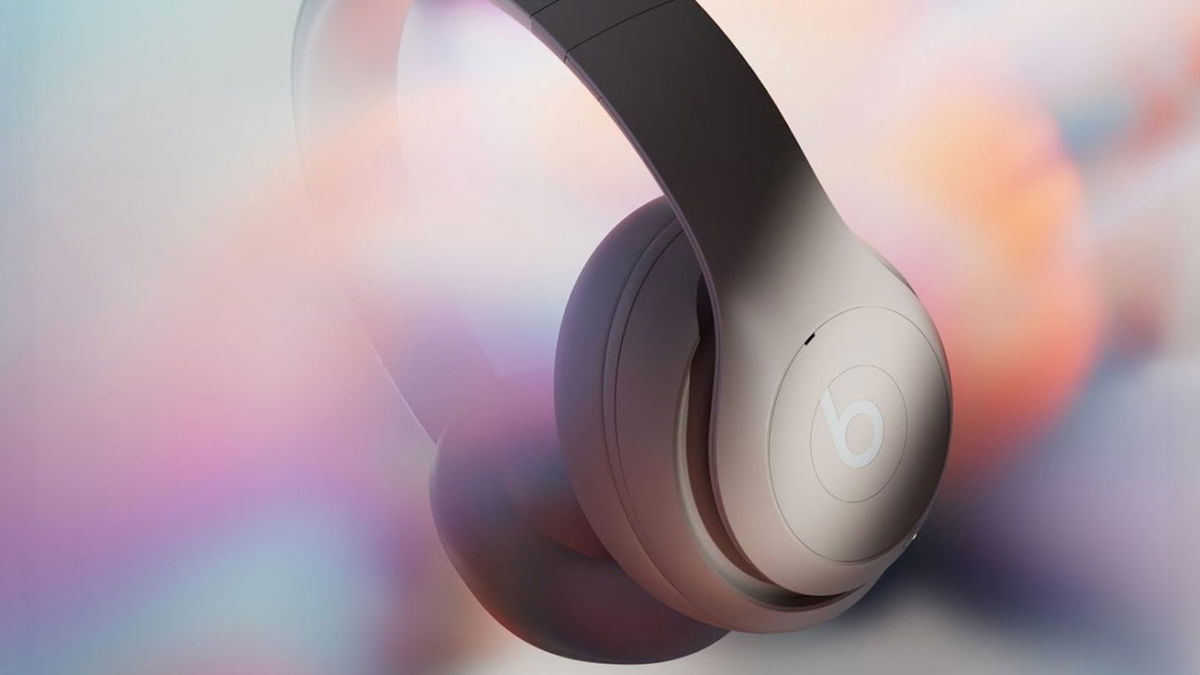According to a survey conducted by Kaspersky Lab, 62% of users receive and send postcards (pictures) with congratulations to their instant messenger contacts on various occasions (New Year, birthday, and others). 28% of the survey respondents receive postcards but do not send them themselves.
Taking advantage of this trend, scammers can send postcards via messenger on behalf of relatives and friends. Phishing links are embedded in these images, directing users to fake sources.
According to Galov, there were cases where users received an archive that allegedly contained an image but actually contained malware. Scammers also send media files and virus software under the guise of a viewing program.
The expert advised to enable two-factor authentication in instant messengers and get a login code to protect yourself from fraudulent traps.
Source: Ferra
I am a professional journalist and content creator with extensive experience writing for news websites. I currently work as an author at Gadget Onus, where I specialize in covering hot news topics. My written pieces have been published on some of the biggest media outlets around the world, including The Guardian and BBC News.










